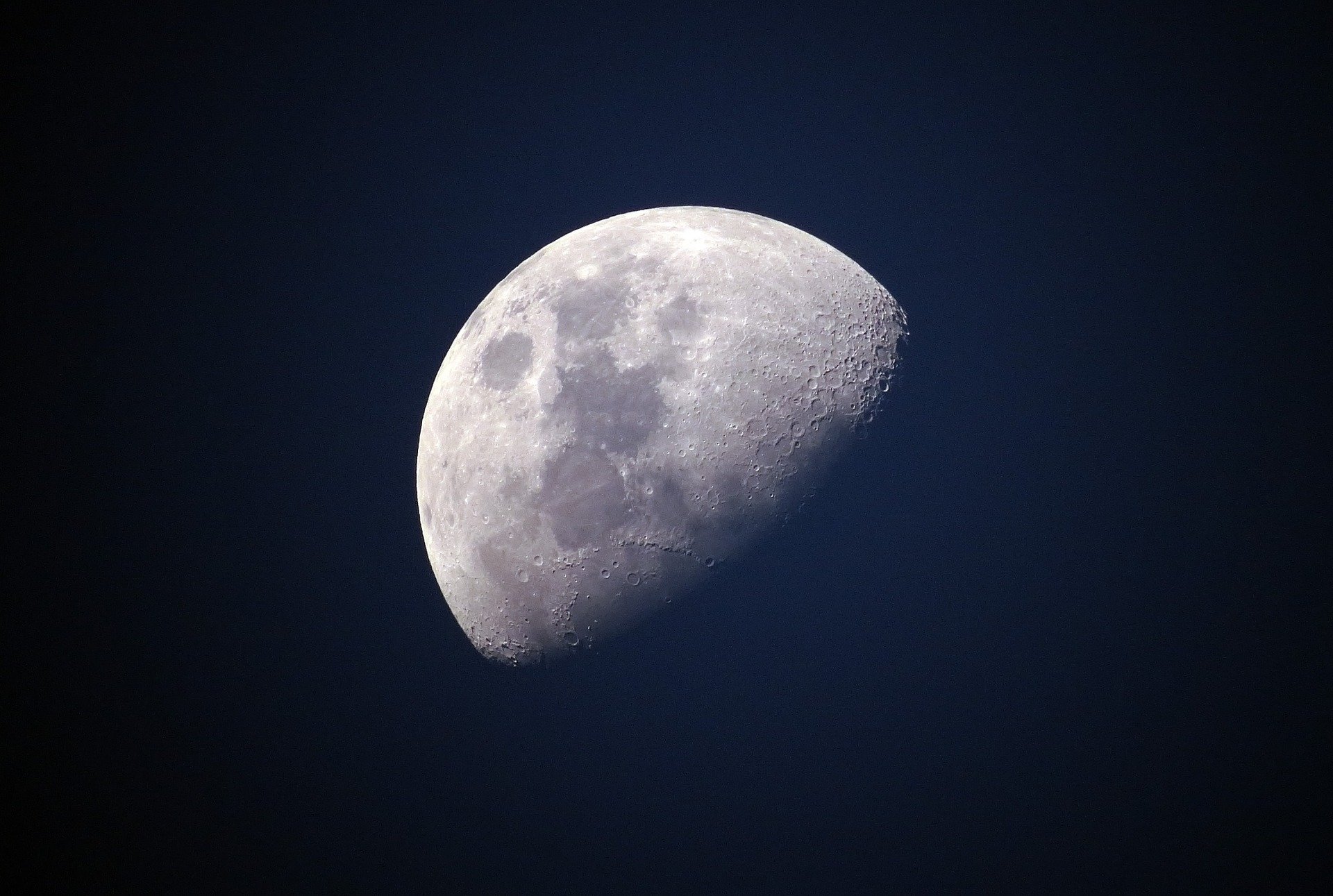
China Monitor is our brand-new program that analyses China’s economic and foreign policies. It also aims to predict the consequences of Beijing’s policy for the global economy, the EU as well as Central and Eastern European countries such as Poland.
Date: 22 December 2020 Author: Łukasz Kobierski
Chinese Probe Returns from the Moon
Chang’e-5, the Chinese unmanned Moon probe, returned to Earth on Thursday, December 17. This event was widely reported and promoted in the Chinese media as the next step in the conquest of space. Simultaneously, its exploration is another field of strategic and propaganda rivalry with the United States, although the development of technology in this area also has a military significance.

Chang’e-5 mission lasted several weeks. The probe was launched on November 24 atop the Long March 5 rocket. After two orbital corrections, the probe decelerated and entered the lunar orbit on November 28. It successfully landed on the near side of the Moon and started to take samples on December 1. Within two days, the probe collected samples in different sites on the lunar surface. Moreover, the Chinese flag was unfurled. On December 3, the probe took off from the surface of the Moon, and on December 6 it transferred the samples over to the returner. The probe came back to Earth on December 17, landing in the Inner Mongolia Autonomous Region in northern China. Zhang Kejian, head of the China National Space Administration (CNSA), declared the mission a success.
The capsule, which contained two kilograms (4.41 pounds) of lunar soil, was transported by air to Beijing, where it was opened. The samples were then handed over to the scientists for analysis and research. It was announced that some of the samples would be made available to researchers from other countries, although it was not specified which ones. Interestingly enough, the place where the samples were collected, known as Oceanus Procellarum or “the Ocean of Storms,” had never been explored by the USA nor the USSR/Russia. The last time when these two countries took samples from the Moon was 40 years ago.
The General Secretary of the Chinese Communist Party Xi Jinping congratulated and greeted the personnel who had participated in the mission. Noting that there is no end for space exploration, Xi expressed the hope to start new interplanetary exploration, aiming at contributing to the transformation of the country into a space superpower.
Support Us
If content prepared by Warsaw Institute team is useful for you, please support our actions. Donations from private persons are necessary for the continuation of our mission.
This event marks a successful conclusion of China’s current three-step lunar exploration program, which began in 2004 and comprised orbiting, landing and bringing back samples. Following this mission, China became the third country in the world to have retrieved samples from the Moon, after the United States and the Soviet Union in the 1960s and 1970s. Consequently, Beijing demonstrates that its achievements are equal to those of Washington and Moscow.
It is worth recalling the accomplishments prior to the success of the “space dream.” These included: own Navigation Satellite System – BeiDou, a successful landing of a capsule belonging to a reusable spacecraft, sending own rover to the far side of the Moon (for the first time in the history of space exploration), sending the first “taikonaut” (a Chinese term for an astronaut) into space, or sending into orbit the Tianwen station, which is expected to reach Mars in 2021. The future plans include: a manned mission to the Moon in 2029/2030, to Mars between 2040 and 2050 as well as an establishment of a permanent space station in 2022.
Certainly, the Chinese space program causes admiration and should be carefully monitored. Apart from to the USA and Russia, China is a leader in space exploration. The achievements of Beijing are used in the global propaganda war with the United States, underlining that they are not the only leaders in space technology. The outer space will be another frontline of the clash of the superpowers in the 21st century. This is significant from the military standpoint, as some of these technologies are already affecting armed activities on our planet and will continue to do so in the future. Supremacy in space may prove essential for achieving goals on Earth. This should be also taken into account by Poland – it is necessary to financially support the Polish Space Agency (POLSA) and boost our engagement in the European Space Agency (ESA).
_________________________________
All texts published by the Warsaw Institute Foundation may be disseminated on the condition that their origin is credited. Images may not be used without permission.

















